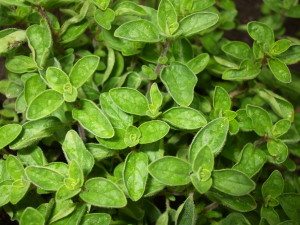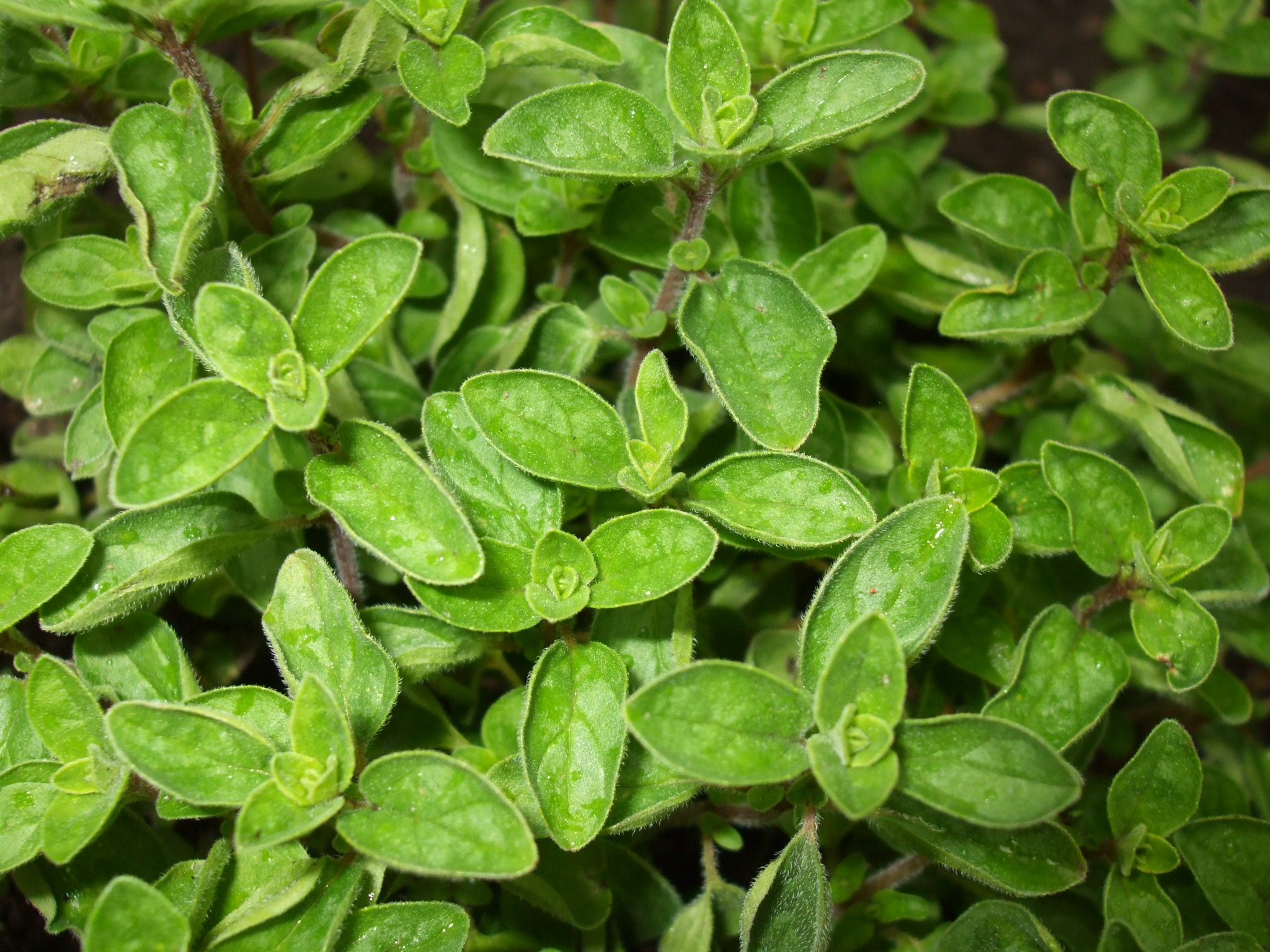 Oregano has been utilized in cooking and also in medicine for a long span of time, and it has been considered as a vital culinary and medicinal plant – with a lot of health benefits. It’s an herb that belongs to the family Lamiaceae and a species of Origanum. The name Oregano originated from the two Greek words oros, which means mountain and ganos, which means joy.
Oregano has been utilized in cooking and also in medicine for a long span of time, and it has been considered as a vital culinary and medicinal plant – with a lot of health benefits. It’s an herb that belongs to the family Lamiaceae and a species of Origanum. The name Oregano originated from the two Greek words oros, which means mountain and ganos, which means joy.
Oregano normally grows around 50 cm tall and has leaves that are purple in color and about 2-3 cm in length, and has a distinct and nice smell that comes from chemicals like caryophyllene, carvacrol, limonene, pinene, ocimene and thymol. Oregano doesn’t only provide good flavoring to any dishes, but it also offers numerous health benefits with its antioxidants and anti-bacterial properties.
Reasons to include oregano in your dishes:
- Oregano has no cholesterol, and its dietary fibers are great for controlling cholesterol levels in the blood.
- This herb has quite a number of healthy essential oils like caryophyllene, carvacrol, limonene, pinene, ocimene and thymol. The leaves and flowering stems have properties such as carminative, diaphoretic, stimulant, anti-spasmodic, expectorant, antiseptic, cholagogue (aids with gall bladder secretion) and it is mildly tonic in nature. Its decoction is taken orally to treat painful menstrual problems, abdominal discomforts, colds, indigestion, influenza and mild fevers.
- Thymol, which is found in oregano has anti-fungal and anti-bacterial properties.
- Oregano has a high concentration of polyphenolic flavonoid anti-oxidants such as cryptoxanthin, lutein, carotenes, vitamin A and xanthine. These chemicals aids by protecting the body against ROS or reactive oxygen species and oxygen-derived free radicals, which handle aging and certain kinds of diseases.
- The chemicals found in oregano may help improve motility in the gut aside by increasing the digestive power through the facilitation of copious secretion of gastrointestinal enzymes.
- This extraordinary herb is a great source of minerals such as calcium, iron, manganese, magnesium and potassium. Potassium is a vital part of body and cell fluids that aids in regulating blood pressure and heart rate due to excessive sodium. Copper and manganese, on the other hand, are used as co-factors for antioxidant enzymes, superoxide dismutase. Iron aids in the prevention of anemia. Calcium and magnesium are vital for metabolism of bones.
- Oregano is also a great source of antioxidant vitamins like vitamin C, which aids the body increase resistance from infectious compounds and harmful free radicals.
- According to a journal PLoS ONE, which is written by biologists at the UAE University, oregano displays anticancer properties by helping cell cycle arrest and apoptosis (cancercells commit suicide) of the MDA-MB-231 breast cancer They have concluded that the findings of their study have determined that Origanum majorana is a capable chemopreventive and therapeutic candidate for modulating growth and metastasis of breast cancer. They firmly believe that oregano has properties that may aid in slowing down or even preventing the progression of cancer cells among breast cancer patients.
How to Use Oregano for Medical Benefits
There are a lot of ways to take oregano and obtain its many health benefits. A common way of taking in oregano is through steeping a tea.
For microbial infection treatment, oregano oil can be topically applied. However, the oil should be diluted by about 50% or more before applying, and it can be applied twice a day. Oregano oil should only be applied externally.
There are also tablets, enteric coated tablets or capsule form of oregano that can be taken orally, which is available from herbal supplement shops or online. Tablets and capsules are absorbed through the stomach while the enteric coated tablets are absorbed in the intestines.

